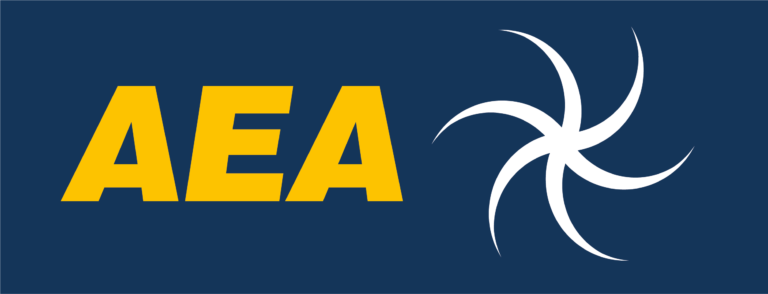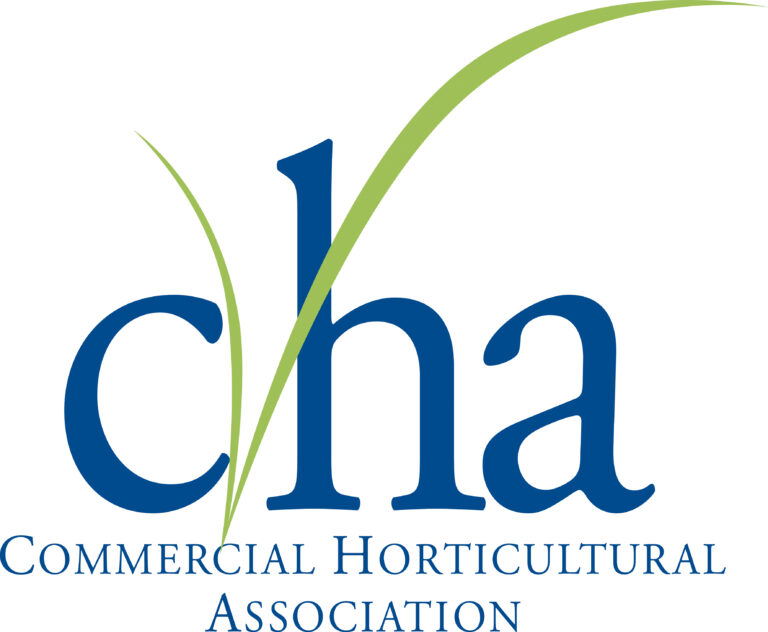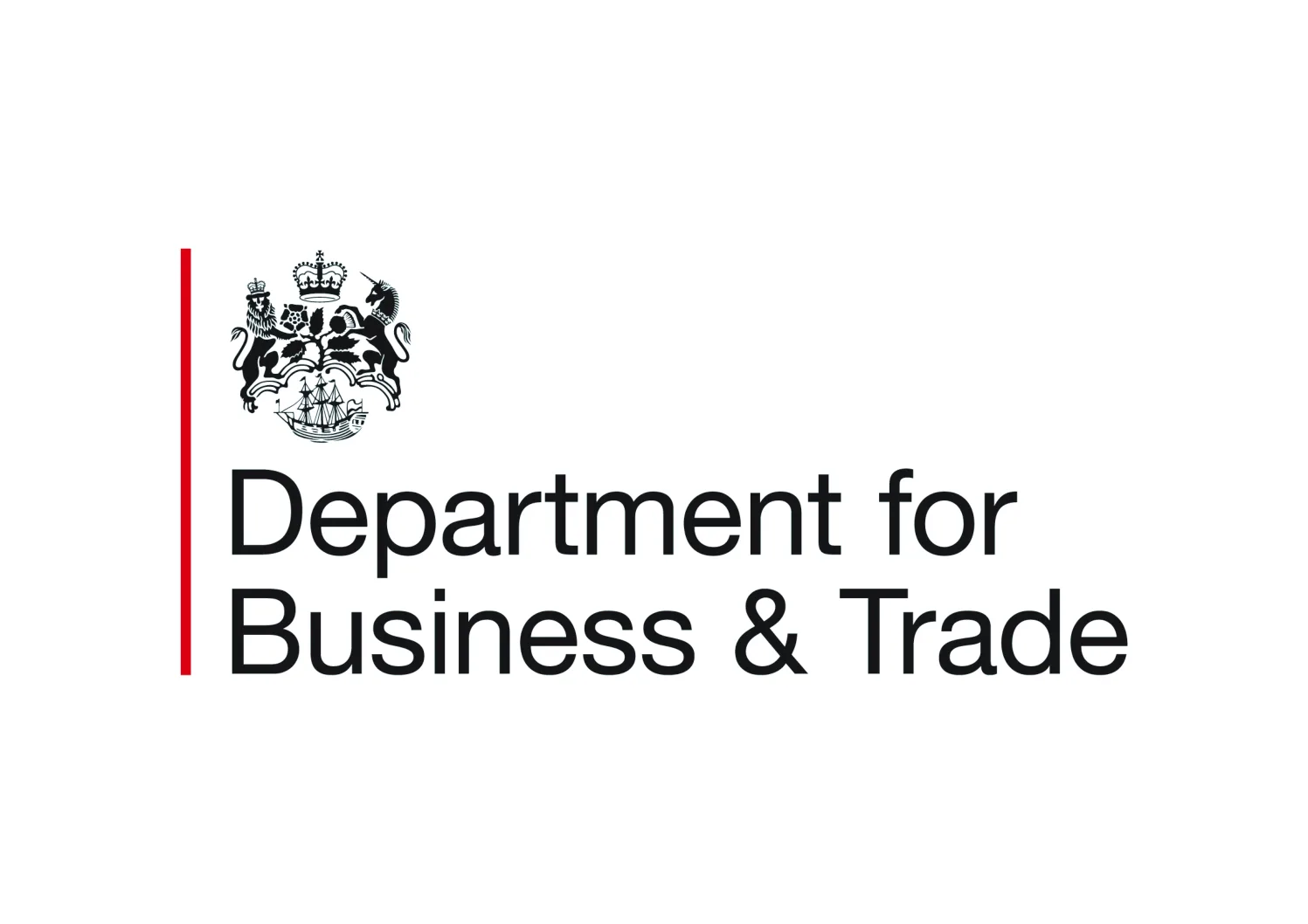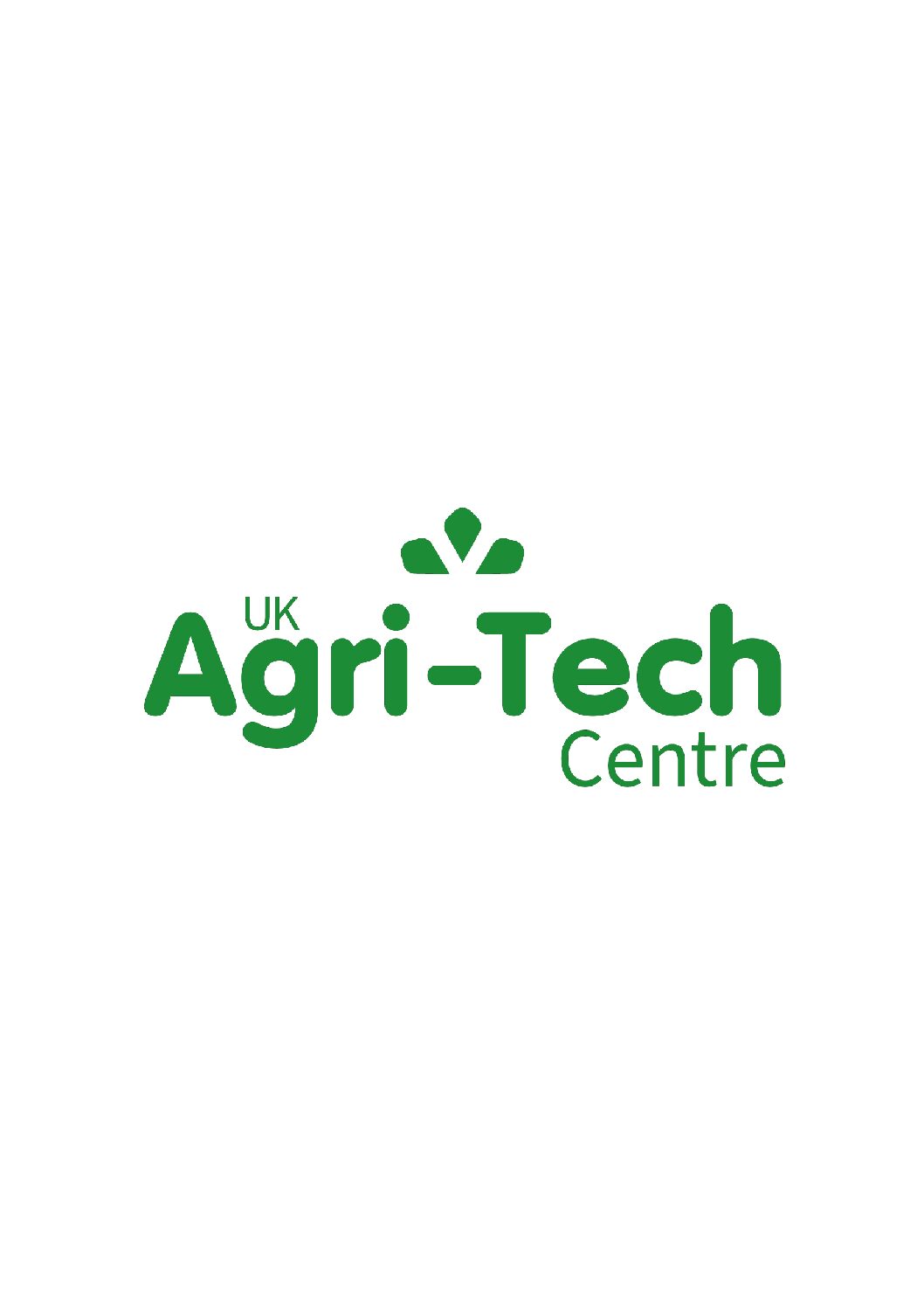| The University of Reading’s School of Agriculture, Policy and Development is ranked 9th in the world for Agriculture and Forestry (QS rankings 2020), with specialisms in crop and livestock science, sustainable land management, international development, and applied economics and marking. We have world class expertise and facilities in agri-tech, encompassing many disciplines across the whole University. This includes innovation in protected and vertical farming systems, precision agriculture, the use of remote sensing and on-farm sensors to manage and predict crop/livestock development as well as to assess and control key growth factors (such as disease), and methods for improving soil health. We also have expertise in the use of big data to improve efficiency in the food value chain, including supporting resilient production systems in the context of climate change; as well as in the valorisation of food side streams and the development of food waste bio-refinery innovations. We further have leading experts involved in agri-tech adoption, knowledge exchange and behaviour change, economic evaluation, and the ethics of new agricultural technologies. Researchers at Reading have access to four main farm research facilities. Brogdale Farm, in Kent, holds the National Fruit Collection, owned by Defra and managed by Reading, one of the largest fruit collections in the world and includes over 3,500 named Apple, Pear, Plum, Cherry, Bush fruit, Vine and Cob Nut cultivars. The Centre for Dairy Research at Shinfield Farm is a unique, state-of-the-art scientific facility for applied and strategic large animal research, including studies concerning milk composition and human health, dairy cow nutrition, and the environmental impacts of meat and milk production. The 180-hectare Sonning farm is home to a 12-hectare Crop Research Unit and 360 dairy youngstock. The International Cocoa Quarantine Centre – The exchange of germplasm is important for cocoa breeding and many related activities. The International Cocoa Quarantine Centre operates to ensure that vital cocoa germplasm can be exchanged for use in breeding without transferring pests and diseases from one cocoa growing region to another. |






